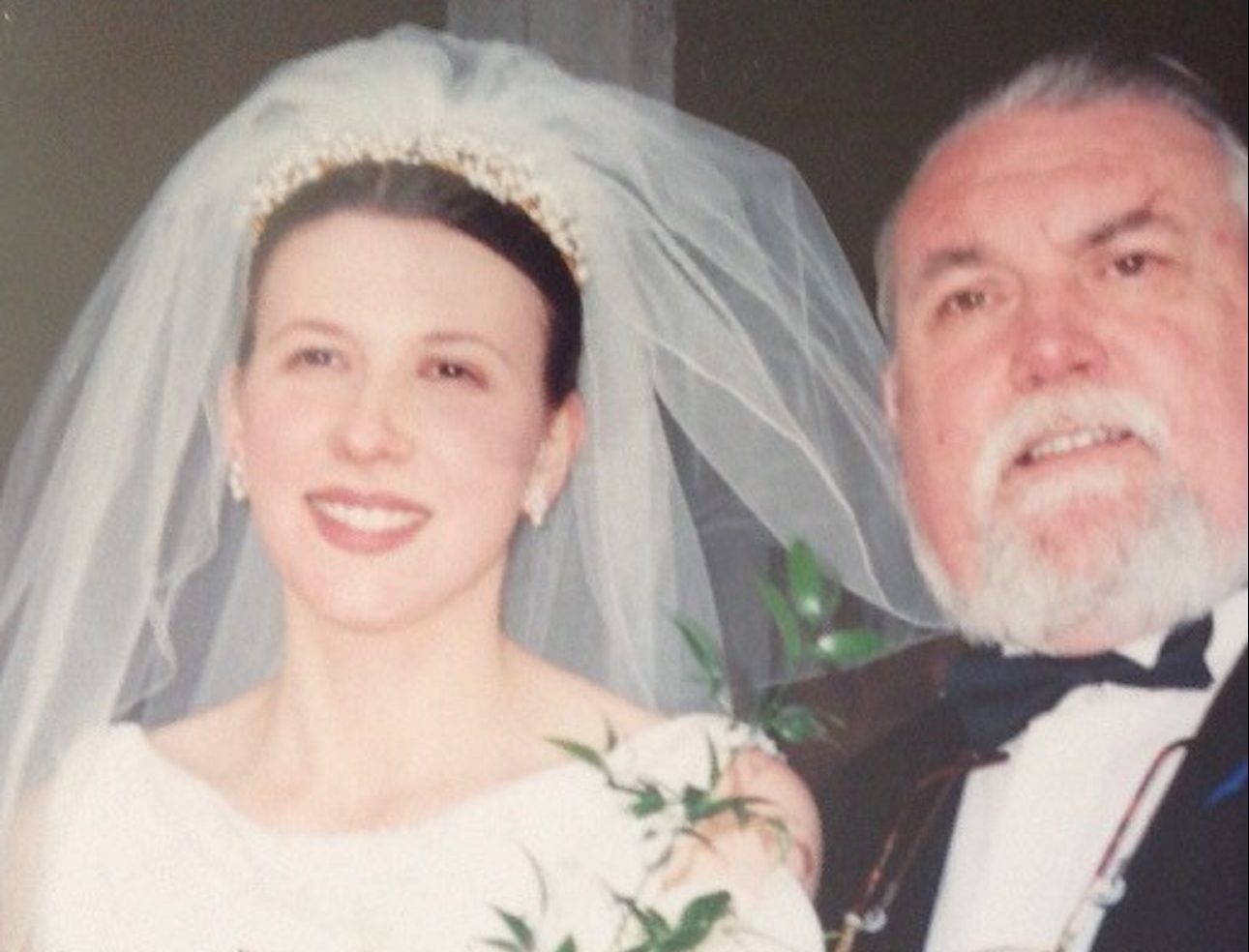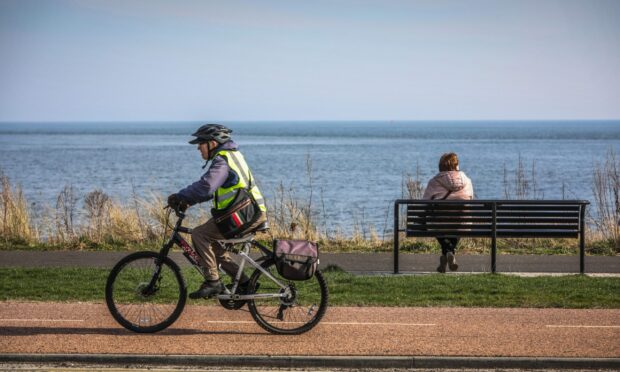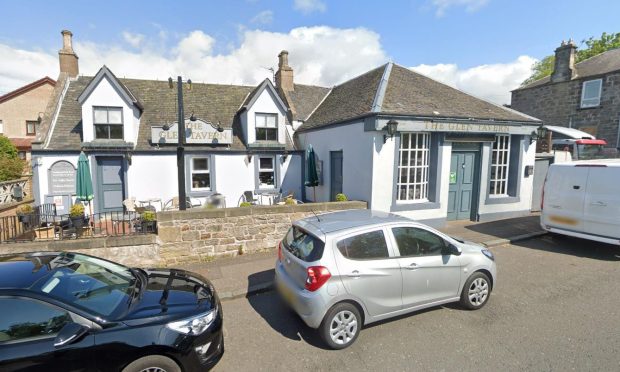Family and friends of a Fife woman who died from ovarian cancer say she would have been “honoured” to see a new centre designed to improve treatment of the disease bear her name.
The University of Edinburgh revealed this week that the Nicola Murray Centre for Ovarian Cancer Research will seek to advance understanding of the different types of the disease so that patients can be offered the most effective treatment for their specific condition.
Nicola, a speech language therapist from Dunfermline, was diagnosed with ovarian cancer at the age of just 34 and died in 2010 within the space of four months.
The rare form of the disease that she had – known as HNPCC-associated ovarian cancer – is caused by a fault in one of the genes that normally suppresses tumour growth, and Nicola discovered that a lack of research into her aggressive form of the disease meant her chances of successful treatment were very low.
However, the new unit – based in Edinburgh – has now been set up in her memory thanks to the generous support of her family and friends and aims to develop new treatments that can tackle even the most resistant forms.
The Nicola Murray Foundation was founded after the popular Fifer’s death and has raised more than £200,000 to fund research into ovarian cancer.
Caroline Turnbull, Nicola’s sister and co-founder of the Nicola Murray Foundation, said: “When Nicola learned that the treatment pathways for her ovarian cancer were under-researched, she began planning ways for her family and friends to fundraise for better research.
“She was determined that no other young women should go through what was happening to her and knew that new research into treatments would bring hope and light to other young women on their ovarian cancer journey.
“She could never have imagined that there would be a charity – let alone a research centre – in her name, but she’d be so honoured, as we all feel.”
The symptoms of ovarian cancer can be difficult to recognise as they are often the same as those of other less serious conditions, such as irritable bowel syndrome (IBS) or pre-menstrual syndrome (PMS).
However, three main symptoms are more frequent in women diagnosed with ovarian cancer: abdominal swelling or bloating; pelvic or abdominal pain and feeling full quickly.
“Nicola approached her disease in the same way as she did life, with focus and determination, but she knew she had few options to help her,” Caroline added.
“It was terribly frustrating for everyone but it gave Nicola such clarity.
“She began planning ways in which we, her family and friends, could raise money to fund research so that no other young women should go through what was happening to her.
“Nicola was happiest helping others in her work and in her spare time, and in this way, she still is.
“The devoted supporters of Nicola’s charity have been amazing.
“The reason we have been inspired to continue for so long is because of them.
“It’s their continued interest that is a testament to the strong relationships Nicola built with those around her.”
Professor Charlie Gourley, director of the new Nicola Murray Centre for Ovarian Cancer Research, said: “We are extremely grateful to Nicola’s family and friends for supporting our research so enthusiastically and for allowing us to set up our Ovarian Cancer Research Centre in her name.
“We believe that this centre will help us develop new strategies to more effectively target the specific abnormalities in each patient’s cancer and thereby improve the outcome for patients with this terrible disease.”
Nicola Murray (1975 – 2010)
The youngest of three sisters, Nicola had a particular interest in working with adults with learning disabilities, influenced by her involvement with the Faith and Light movement – a Christian association that supports people with learning difficulties, and their families and friends.
Determined that more money was needed to fund research into her disease, Nicola left a list of fundraising activities for her family to embark on.
Her friends, family and husband, George Murray, say they were left in no doubt as to the job they were to undertake on her behalf.
Nicola believed passionately that that no other young women should go through what happened to her.
Her family says that Nicola was happiest helping others in all areas of her life, and in establishing this new research centre, they feel she still is.










